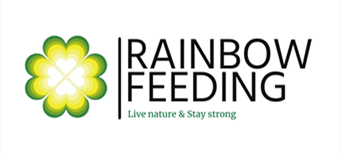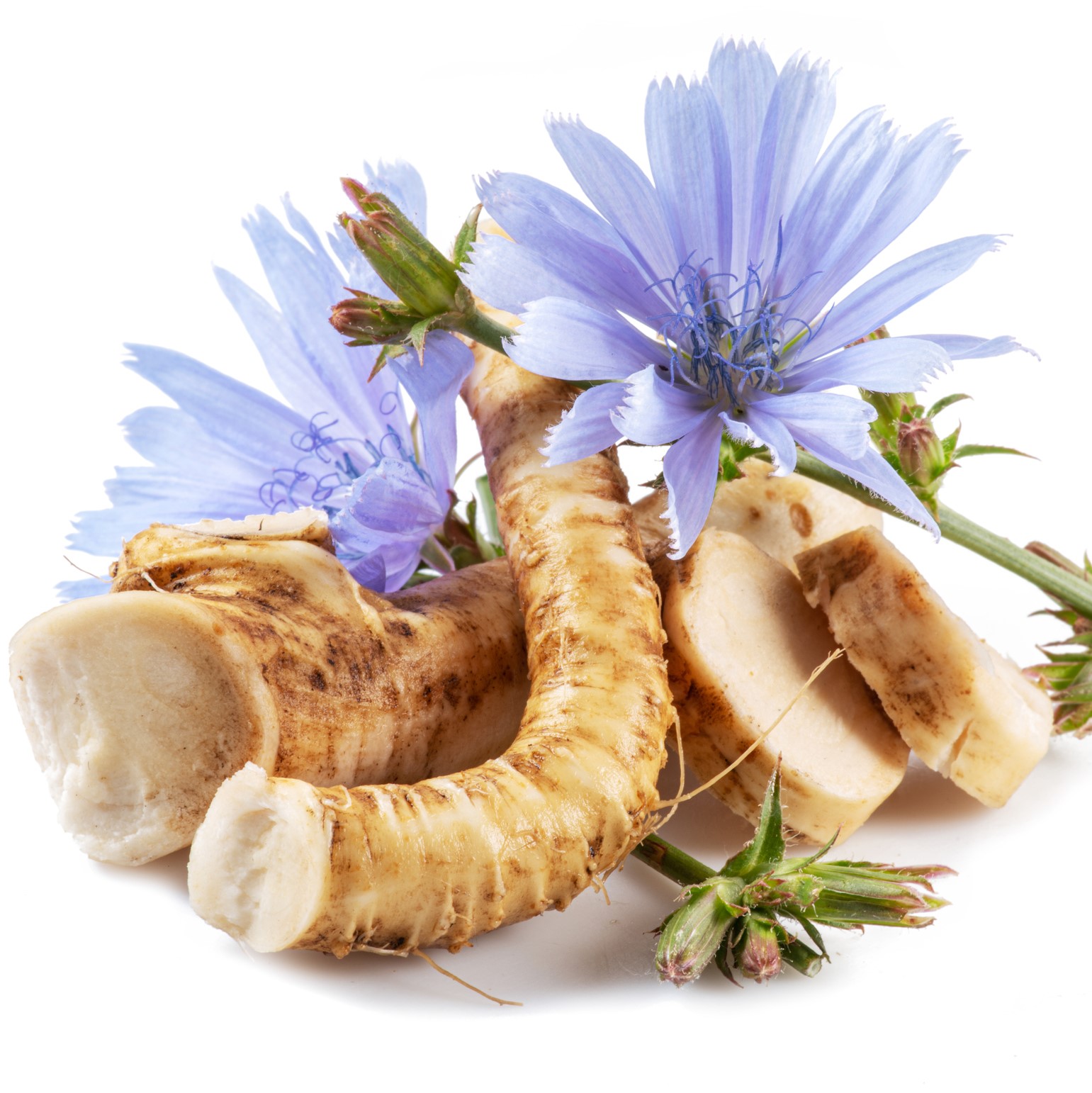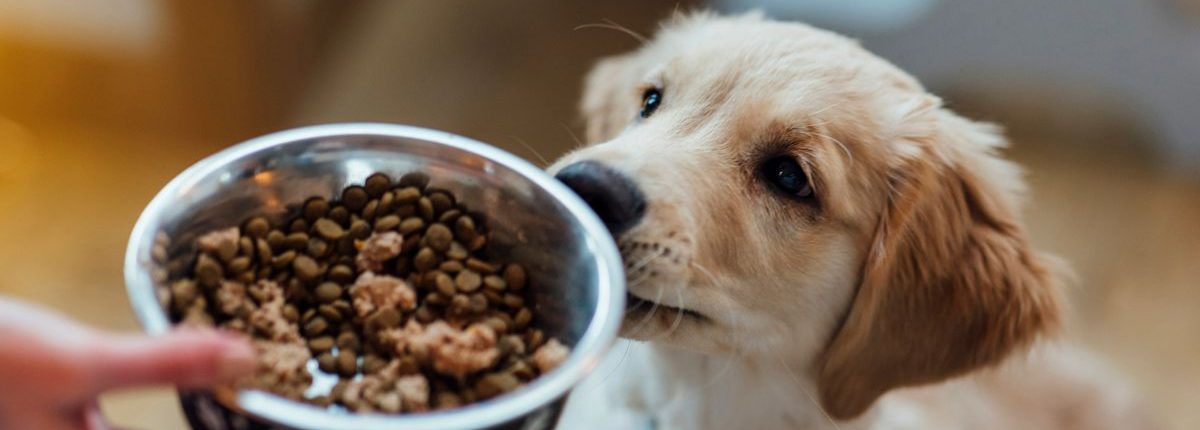How Fructooligosaccharides and Inulin Contribute to the Gut Health of Pets?
The gut health of pets is fundamental to their overall well-being, energy, and longevity. Among the most effective natural prebiotics known to enhance the intestinal ecosystem are fructooligosaccharides (FOS) and inulin. There are two common prebiotic fibers that possess various physiological functions, such as supporting healthy digestion, fortifying immune defenses, and promoting better nutrient utilization. With the continuous deepening of research on pet nutrition, these functional fibers are increasingly included in premium pet nutrition formulas.
Introduction Of Fructooligosaccharides (FOS) and Inulin
Fructooligosaccharides are short-chain carbohydrates made up of fructose molecules, also known as oligofructose or trisaccharide family oligosaccharides. It’s naturally found in many commonly consumed fruits and vegetables, such as chicory root, garlic, onions, and bananas. The main function of fructooligosaccharides is to promote the proliferation of bifidobacteria in the animal body, thereby increasing the growth rate of bifidobacteria and inhibiting harmful bacteria to varying degrees in the intestinal tract.
Chicory roots are currently the main raw material for commercial extraction (obtained through water extraction or enzymatic hydrolysis processes). For modern industry, enzymatic methods (such as using sucrose as the raw material and catalyzing the formation of fructose by transferase) are more common in pet food (low cost, high purity, easy standardization). In the 1980s, Japan first developed it into a feed additive for the feed industry.
Inulin, on the other hand, is a longer-chain carbohydrate from the Asteraceae family, most commonly extracted from chicory root. Chicory is a high-yielding medicinal and edible plant belonging to the Asteraceae family. It is widely distributed in Asia and Europe. Due to its high inulin content, seasonality insensitivity and ease of cultivation, it has become the main source of inulin for industrial production. Generally, fresh chicory contains 68% inulin, while the inulin content in dried chicory can reach up to 98%. High-quality pet foods often list chicory root extract as an ingredient, signaling the inclusion of FOS or inulin for gut health support.
Fructooligosaccharides and inulin are classified as prebiotics—fibers that resist digestion in the small intestine and instead act as nourishment for beneficial gut bacteria in the colon. They are widely added to dog and cat foods to provide nutrition and health benefits, having a positive impact on the intestinal health and immune function of pets.
Benefits of Fructooligosaccharides and Inulin for Pets
- Maintain the balance of intestinal flora.
Research shows that fructooligosaccharides and inulin can promote the growth of beneficial bacteria in dogs’ and cats’ intestines, such as bifidobacteria and lactobacilli, while inhibiting the growth of harmful bacteria, such as pathogenic and putrefactive bacteria, through a process called competitive exclusion. This balanced intestinal flora helps maintain intestinal health and function. After being fermented by beneficial bacteria in the pet’s intestines, fructooligosaccharides and inulin can generate short-chain fatty acids, such as butyric acid, acetic acid, and propionic acid. This lowers the risk of diarrhea, bloating, and other gastrointestinal disorders that commonly affect dogs and cats.
- Enhanced Nutrient Absorption.
Prebiotics help improve the structure of the pet’s intestinal mucosa, increase the intestinal absorption area, and thereby improve the efficiency of nutrient absorption. Fructooligosaccharides are beneficial for the absorption of minerals such as calcium, magnesium, and iron, while inulin increases the absorption rate of vitamin B. This contributes to stronger bones, healthier coats, and better overall vitality.
- Strengthened Immune System
Approximately 70% of a pet’s immune system resides in the gut. Fructooligosaccharides and inulin help pets mount stronger immune responses against pathogens. Studies suggest that pets fed diets with prebiotics demonstrate fewer incidences of infections and reduced allergic responses.
- Improved Digestive Health
FOS and inulin improve stool quality by increasing water retention in the intestine and stimulating peristaltic movements. Pets suffering from constipation or irregular bowel movements can particularly benefit from diets enriched with these fibers.
- Weight Management and Satiety
Because inulin and FOS are low-calorie fibers, they help pets feel fuller for longer periods, reducing overeating. This satiety effect makes them valuable in formulating weight-control diets, particularly for pets prone to obesity.
Applications in Commercial Pet Nutrition
Premium pet food manufacturers incorporate FOS and inulin to position their products as functional foods—not just for feeding, but also for promoting the health of dogs and cats. Typical applications include:
- Dry kibble formulations
- Wet pet food blends
- Nutritional supplements and digestive support powders
- Veterinary prescription diets targeting gastrointestinal disorders
Notes: Although fructooligosaccharides and inulin are beneficial for dogs and cats, excessive intake may cause intestinal discomfort and nutritional imbalance. The dosage must be strictly controlled before use.
Conclusion
Fructooligosaccharides and inulin are powerful prebiotics that significantly enhance the gut health of pets. Their application in clinical nutrition management has also gradually gained recognition. From improving digestion and nutrient absorption to fortifying immunity and supporting weight management, these fibers offer multifaceted benefits. As consumer demand for natural and functional pet foods grows, prebiotics like FOS and inulin will play an increasingly prominent role.




